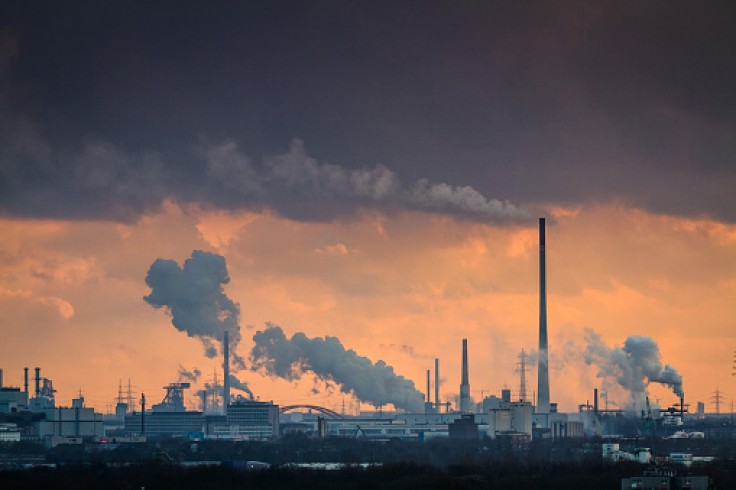Climate change has been a topic that has prompted countless people to make a move and fix the problems that are exacerbating it, yet it has not been enough as new reports say that half the world may suffer extreme weather conditions, which could even lead to death.

Progression of Climate Change
The United Nations' Intergovernmental Panel on Climate Change said that if no urgent climate actions are taken, half the world's population may endure an increased risk of death brought by extreme weather conditions.
According to the United Nations and World Health Organization, there have already been records of the current climate crisis affecting people's health from all over the world, as mentioned in CNET.
UN Secretary-General António Guterres stated on Twitter that the "climate time-bomb is ticking," but that we have the knowledge and resources to solve the current crisis. However, we will need to act now in order to have a livable planet in the future.
Water management researcher Aditi Mukherji, one of the authors of the IPCC report, mentioned that deaths from floods, droughts, and storms spiked to 15 times higher in more vulnerable regions in the last ten years.
IPCC wrote that the pace and scale of the efforts to tackle climate change have not been enough. Emission should have been decreasing and should've been by half come 2023 to attain the goal of limiting global warming to 1.5 degrees Celsius.
Luckily for humanity, there are options available to help reduce greenhouse gas emissions. IPCC Chair Hoesung Lee expressed that if people do something about the crisis now, we can still secure a "liveable sustainable future for all."
IPCC Proposed Solutions
In the IPCC's press release, it mentioned that the solution lies in climate-resilient development. This means that people will need to start using measures that adapt to the current crisis, as well as reduce or avoid greenhouse gas emissions in ways that provide wider benefits.
There are examples cited such as access to clean energy and technologies that can improve the health of people, especially women, and children. There's also low-carbon electrification, walking, cycling, and public transport to avoid contributing to air pollution.
An increase in finance to climate investments could also be greatly beneficial to the cause. The conservation of 30-50% of Earth's land, fresh and salt waters will also play a part in keeping the planet a livable home.
The IPCC also proposed that changes in the food sector, electricity, transport, industry, buildings, and land use will be of help in reducing greenhouse gas emissions. It can help people adapt to the changes that lead to a low-carbon lifestyle.
One of the report's authors Christopher Trisos said that the greatest gains in well-being can come from prioritizing the risk reduction for low-income and marginalized communities, as well as those living in informal settlements.
He also expressed that one of the factors that can expedite action against the planet's crisis is an increase in finance, seeing as "insufficient and misaligned finance" can lead to progress slowed or held back.









